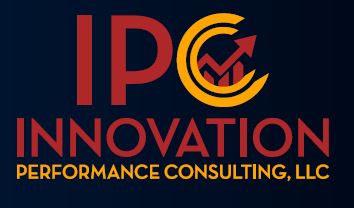
Dealing with people is at the heart of what consultants do. It is hard to become a consultant, let alone a successful one if one’s interpersonal skills are lacking. A computer scientist, a truck driver, or a software engineer can spend an entire career with no or minimal human interaction. However, a consultant’s career is anchored on the necessity of a robust stakeholder-consultant relationship. Without such a client-consultant bond, consulting does not exist.
The stakeholder and the consultant should have a healthy relationship for many reasons, the most significant of which is that it enables the consultant to be frank, to have the ability to exert influence, and to get access to sensitive information. Being candid with the client is imperative because problems do not get solved by tergiversation. When the consultant establishes a good relationship with the client, it becomes easier to be honest and upfront when addressing important concerns, as the relationship will not crumble when the going gets tough (Robinson et al., 2015).
The ability to exert influence is essential to a consultant’s job. As change agents, consultants cannot effect change without influence because they have “no direct power to make changes or implement programs” (Block, 2011, p. 2). The only way they can bring about change is through their influence capability, which might stem from the breadth of their knowledge. However, even if the consultant has such an ability, it becomes impossible to exercise it without a good relationship with the client. Therefore, before attempting to exert influence, consultants should focus on the art of partnering with stakeholders (Robinson et al., 2015).
Getting access to sensitive information is essential in allowing a consultant to do his job. The client frequently expresses an understandable reluctance to share such information. It is incumbent on the consultant to ease such concerns, as the inability to collect data makes it impossible to diagnose problems. Therefore, obtaining genuine information from the client requires the consultant to work with the client at a more personal level (Schein, 2016). Schein (2016) characterized this personalization dynamic as the process through which consultants and stakeholders go from strangers to acquaintances, friends, and colleagues, gaining trust and openness in numerous ways. The importance of a healthy stakeholder-consultant relationship cannot be overstated.
References
Block, P. (2011). Flawless consulting: A guide to getting your expertise used (3rd ed.). Pfeiffer.
Robinson, D. G., Robinson, J. C., Phillips, J. J., Phillips, P. P., & Handshaw, D. (2015). Performance Consulting: A strategic process to improve, measure, and sustain organizational results (3rded.). Berrett-Koehler Publishers, Inc.
Schein, E. H. (2016). Humble consulting: How to provide real help faster. Berrett-Koehler Publishers, Inc.

